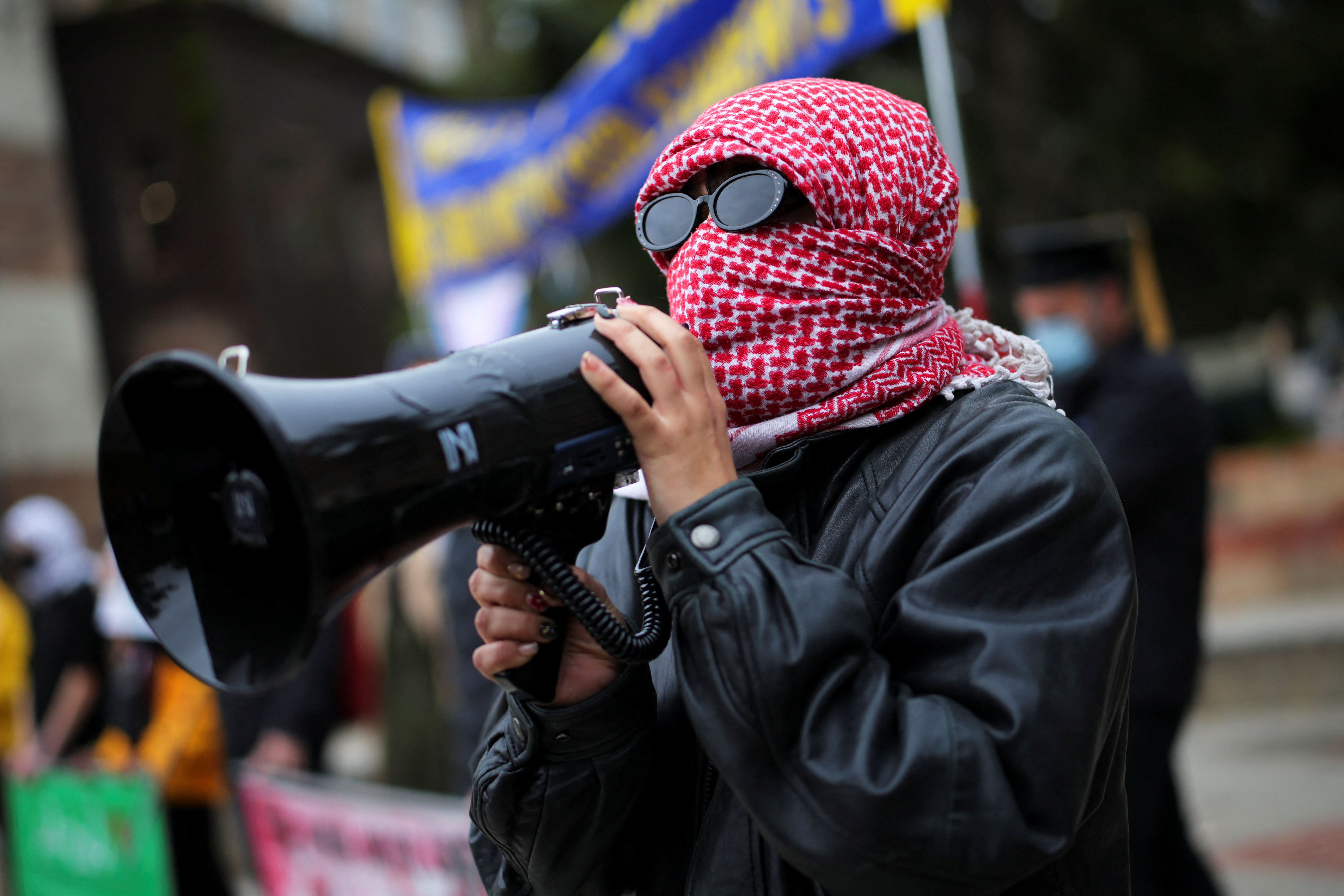As headlines mount about threats on American soil—from agricultural sabotage to embassy shootings—retired FBI supervisory special agent James Gagliano joined Dan Proft and Amy Jacobson on Chicago’s Morning Answer to sound the alarm about what he described as deep national security vulnerabilities, growing domestic radicalism, and institutional failures across U.S. intelligence and law enforcement.
Gagliano’s visit followed several high-profile incidents, including a shooting involving Israeli embassy staffers in Washington, D.C., and the arrest of a Chinese researcher at the University of Michigan accused of attempting to smuggle a dangerous crop pathogen into the country. These threats, Gagliano argued, are not isolated. “We’re becoming the architects of our own demise,” he warned, citing America’s lax approach to vetting foreign nationals, especially those entering through academic institutions.
The discussion began with concerns voiced by former ICE Director Tom Homan about the more than two million “gotaways”—foreign nationals who entered the country illegally and evaded capture. Gagliano, who once served as an FBI attaché in Mexico City, emphasized that the primary concern is not impoverished migrants seeking work, but bad actors from hostile nations like China, Iran, Russia, and North Korea who can exploit border chaos to infiltrate the U.S.
The interview then pivoted to the arrest of the Chinese researcher and her boyfriend in Michigan. The pair face federal charges in a counterintelligence case involving an effort to bring a harmful agricultural agent into the country, potentially to be used in a form of agricultural terrorism targeting food crops. Prosecutors linked the researcher to the Chinese Communist Party, and Gagliano said the case highlights the risks of admitting foreign nationals with deep connections to hostile regimes into sensitive U.S. research environments. He called for significantly more scrutiny of foreign students and researchers, especially in high-risk academic fields.
“The ideological bent on campuses is overwhelmingly in one direction,” Gagliano said, referencing the political climate that often discourages honest conversations about national security risks posed by international partnerships. He pointed to recent pro-Palestinian campus protests and violence as evidence that bad-faith actors are being welcomed into the country under the guise of academic or asylum status—only to later undermine American values from within.
Gagliano also addressed the recent shooting in Boulder, Colorado, in which an Egyptian national, who came to the U.S. under the Biden administration, carried out an anti-Semitic terrorist attack. Gagliano noted the attacker had been planning the assault for over a year and waited until his youngest daughter graduated high school before striking. “You cannot make this up,” he said. “He applied for asylum, claimed persecution, and then plotted to kill Americans.”
He argued that the attacker’s family, also in the U.S. on visas, should be deported immediately. “They’re here under false pretenses,” Gagliano insisted. “We are importing people who fundamentally reject what we stand for.”
Later in the segment, the hosts shifted focus to a newly declassified document unearthed by Senator Chuck Grassley that sheds light on potential misconduct during the FBI’s Crossfire Hurricane investigation. The report revealed that investigators used a “prohibited access” designation within the FBI’s Sentinel system to make certain documents invisible—even to other FBI agents and oversight authorities. Among the implications: key materials related to the Mueller probe into Trump-Russia collusion may have been deliberately obscured from view.
Gagliano expressed serious concern over the revelation, calling it something he never encountered in his 25 years at the Bureau. He emphasized the importance of transparency and accountability, and said the FBI must restore trust by addressing how such tactics were allowed. He pointed to systemic failures—such as the falsified FISA warrant against Carter Page—and said political bias had tainted the Bureau’s leadership during critical investigations.
“The FBI is supposed to follow the evidence, without fear or favor,” he said. “But we had senior officials who decided they knew better, and that is unacceptable.”
In closing, Gagliano voiced cautious optimism that new leadership and declassification efforts may help restore public trust. He applauded the release of documents exposing missteps but warned that the path forward must include real reforms—not just revelations.
“Pull off the band-aid,” he said. “Let the American people see what happened, learn from it, and make sure it never happens again.”
James Gagliano is a retired FBI supervisory special agent, a doctoral candidate in Homeland Security at St. John’s University, and former mayor of the Village of Cornwall-on-Hudson, New York.





